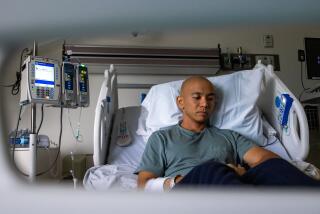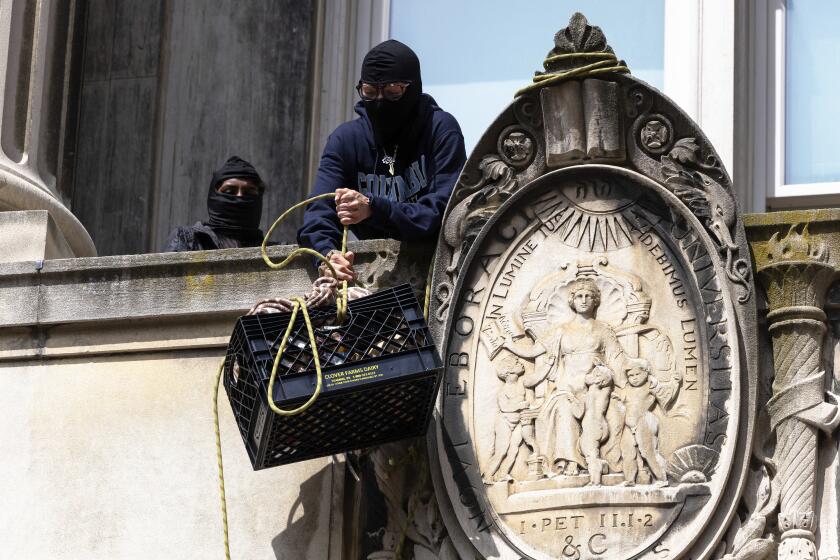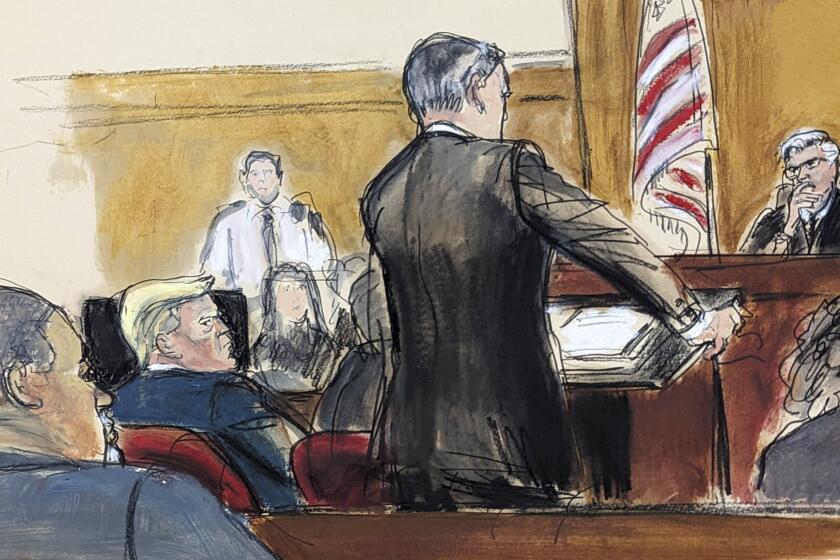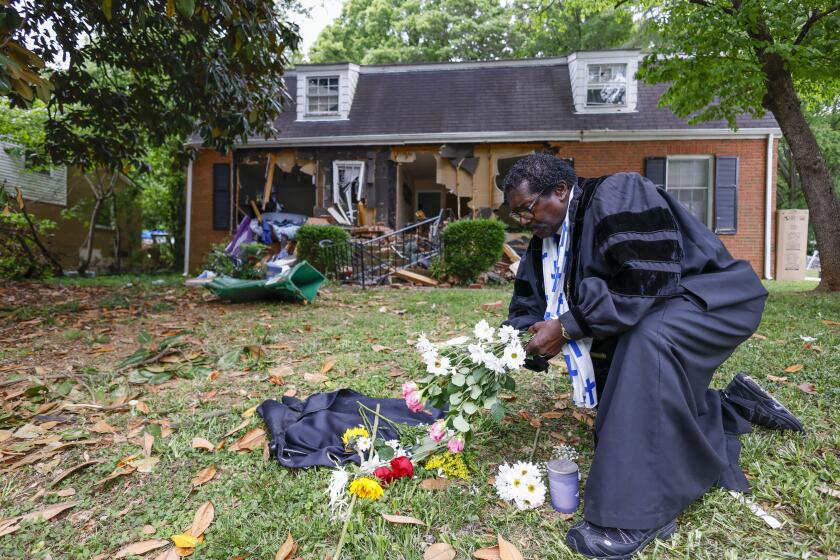Donate a kidney? A father’s fears, a friend’s devotion
Carla Wensky came to her father last year for a word of advice. The woman from the small Wyoming town of Powell wanted to donate something she said she didn’t really need, that she could live without.
One of her kidneys.
Wensky’s good friend of 10 years, Kelly Eckerdt, had a kidney disease, and without a transplant or dialysis, she eventually would die. Wensky said she couldn’t let that happen. That’s when she asked her father about giving one of her organs away.
“I said, ‘Oh, no, please don’t do that,’ ” Ralph Wensky told The Times. “But she insisted. She said, ‘Dad, I’ve got two kidneys and I only need one. I really want to do this.’ ”
Each year, experts say, more than 6,000 Americans donate kidneys, more than half of those to relatives or close friends. Some of the donations happen in big cities, others in places like Powell, Wyo., pop. 6,314, in the far northwestern reaches of the state.
Eckerdt was diagnosed with polycystic kidney disease about eight years ago. Both her kidneys were failing gradually. One day in 2005, she told Wensky of her plight during a get-together at a local park.
Eckerdt is married to Wensky’s cousin, the town’s police chief. Wensky works in graphics at the local newspaper. The two women often rode horses together. There was a bond.
“I wanted to help her right away,” Wensky told The Times. “I’m a blood donor. I entertained the idea, but nothing happened right away. Life goes on.”
Then, 18 months ago, when Eckerdt’s kidney function declined to 20%, she went on a national donor list.
About that time, Wensky saw a mouse drowning in the toilet of her home. She immediately rescued the rodent and thought that if this creature mattered, so did her friend.
Wensky was tested and found she was a perfect match.
Midway through the process, Wensky’s mother died of cancer. The family was hurting emotionally.
“I mean, it was a wonderful idea,” said Ralph Wensky, 72, a retired machinist, “but I started to really worry about my daughter losing a kidney.”
Wensky decided to go ahead with the procedure. The transplant took place June 29, 2012, in Denver. It went off without a hitch.
Six months later, both women are feeling better. With a laugh, Wensky says that after her gesture helping the town’s top law enforcement officer, she doesn’t ever have to worry about getting a speeding ticket in Powell. “I guess I hold that card,” she said.
But in the back of his mind, Ralph Wensky still worries about his daughter’s health.
“I think about it,” he said. “I could have told those doctors ‘Take my kidney.’ But I’m an old man. I’m sure they wanted a kidney they could control.”
ALSO:
New Aspen speed limit -- 14 miles an hour?
Jury convicts priest, teacher in Philadelphia sex-abuse scandal
White House, politicians react to Hadiya Pendleton shooting death
More to Read
Start your day right
Sign up for Essential California for news, features and recommendations from the L.A. Times and beyond in your inbox six days a week.
You may occasionally receive promotional content from the Los Angeles Times.







